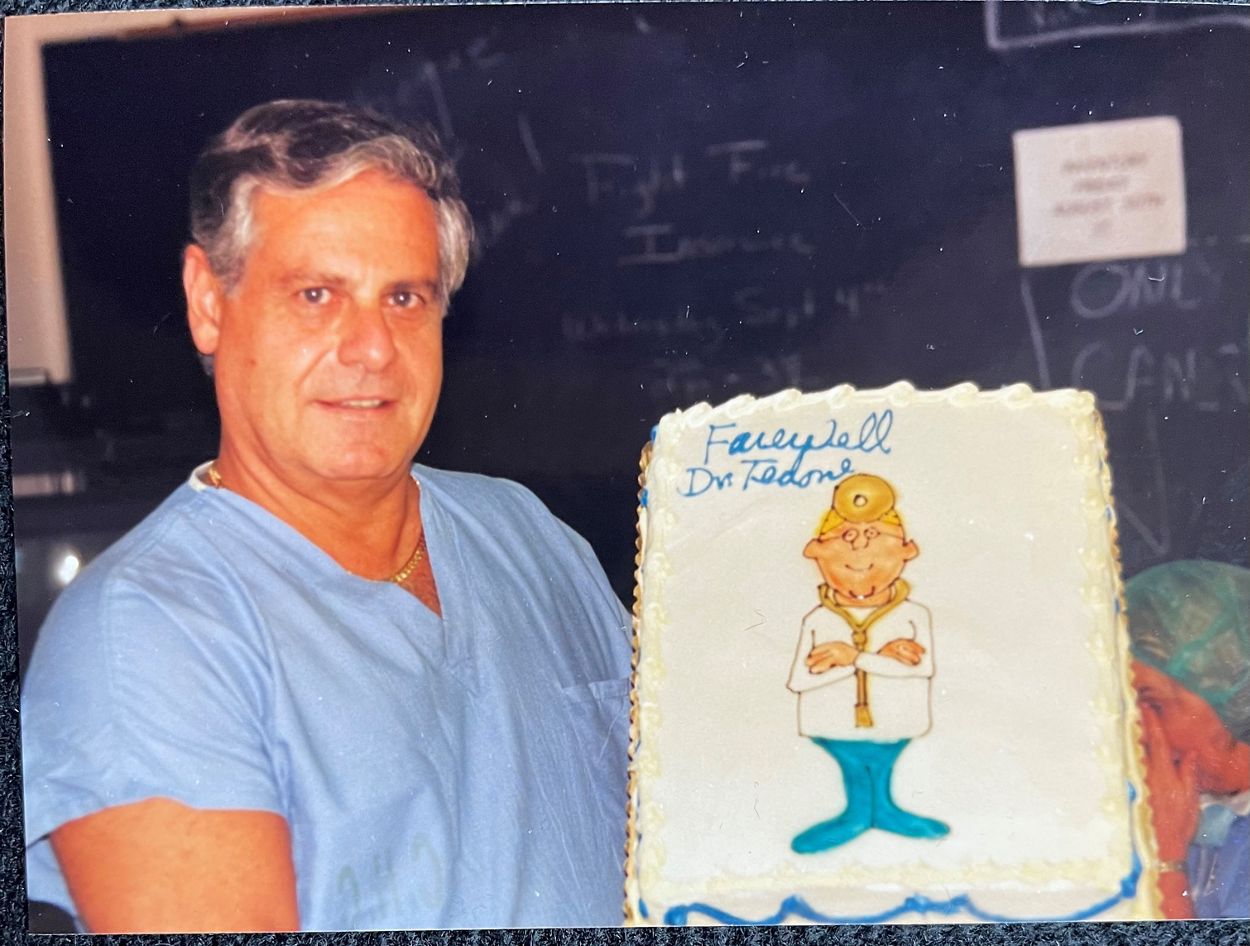TAMPA, Fla. — More than 15 years ago, doctors gave Deanna Tedone the equivalent of a death sentence.
They told the Tampa Bay woman in her early 30s she had Amyotrophic Lateral Sclerosis (ALS), often known as Lou Gehrig’s Disease.
ALS is terminal. Except Deanna’s father wasn’t having it.
“I told her I wasn’t going to accept it,” said Vince Tedone, a retired orthopedic surgeon who also lived in Tampa Bay.
Tedone immediately threw himself into researching the progressive neurodegenerative disease that affects nerve cells and limits mobility, ultimately impacting the muscles needed to move, speak, eat or breathe.
“I don’t think he slept,” Deanna recalls. “Maybe an hour here or there. (But) he was non-stop.”
The physician said he and his daughter made a covenant.
“She would be the test case,” he said. “I would do the research.”
Tedone focused his research on what causes the disease and how it progresses, rather than on ways to lessen the symptoms of ALS. It’s a distinction that matters to Tedone.
“Now, all we do is treat the symptoms and watch the symptoms progress to death,” he said.
Tedone believes his research revealed something that can slow the progression of the disease.
It’s a mixture of three substances: Arginine and Alpha-ketoglutarate (combined to form AAKG) and Gamma-aminobutyric acid (GABA). These are substances the body already produces, but ALS patients need more of, he said.

Tedone called his solution "The Deanna Protocol."
He says a test of more than 40 ALS patients on “The Deanna Protocol” showed them deteriorating slower than the average ALS patient.
The website for “The Deanna Protocol” does note that while most neurologists “will not object to their patients following (the protocol),” “they will not officially recommend it.”
Tedone said that is likely a fear of liability issues. But he’s adamant it works and points to his daughter as the proof.
Deanna, who daily takes the protocol named after her, is doing well. She does physical therapy multiple times a week and believes her father’s protocol has allowed her to have a significantly better quality of life.
“I am so blessed that he’s my father,” Deanna said. “My father has given me and others quality of life.”
One of the things that came out of Deanna’s diagnosis is a group called "Winning The Fight."
It’s a group focused on finding alternative solutions to neurodegenerative diseases like ALS, multiple sclerosis, Parkinson’s disease and Alzheimer’s disease.
“Winning The Fight” has a fundraising event in Tampa Bay on Feb. 24 called "Shoot For The Cure."



